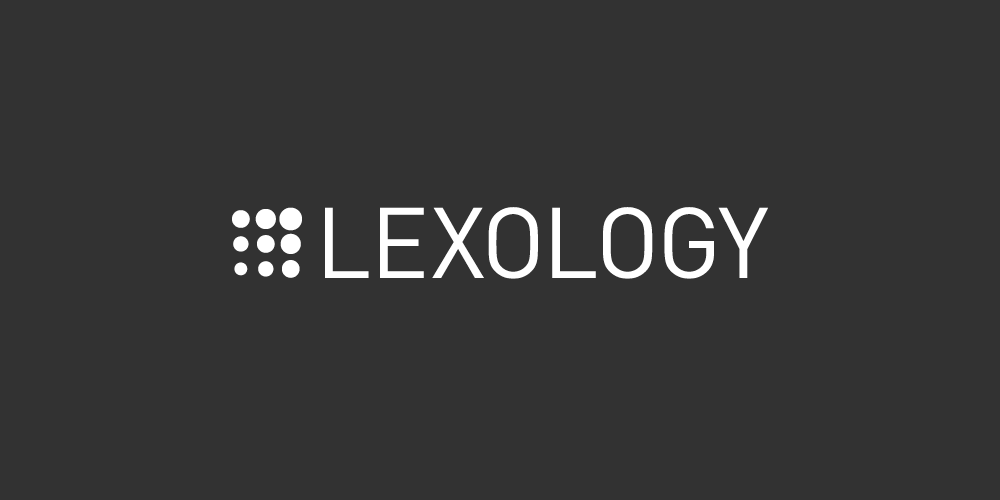Review your content’s performance and reach.
Become your target audience’s go-to resource for today’s hottest topics.
Understand your clients’ strategies and the most pressing issues they are facing.
Keep a step ahead of your key competitors and benchmark against them.
add to folder:
Questions? Please contact [email protected]
In brief
The Spanish Directorate of Taxes (STA) have recently issued relevant guidelines on the VAT treatment applicable to the supply of NFT's and the role on marketplaces intermediators, ruling V2274-22.
STA's VAT approach
Following the criteria on ruling V0486-22, the STA considered that an individual which develops and subsequently sales NFTs should be considered as an entrepreneur for VAT purposes. Moreover, the NFT sale through platforms/marketplaces should qualify as an Electronic Supplied Service (ESS).
The STA distinguish two different digital assets:
The rationale of the STA treating the sale of NFT as an ESS relies on when selling NFT's, the STA understand that what it is transferred to the acquirer with the sale of an NFT, is the Intellectual Property of the underlying digital file rather than the digital file itself as an existing corporeal good.
The STA treats the sale of NFT's through an online platform / marketplace as a digital service (ESS), that, where such marketplace is located in Spain, the sale of NFT are subject to 21% VAT. Newly, the STA apply the presumption stated by art 9 bis(a) of the IR 282/2011 and understands that the NFT owner sells the NFT to the platform as long as it is not possible for the seller to know the identity of the customer and, therefore, cannot comply with tax obligations derived thereto.
Taking into account the above, the STA states that in the sale of NFT through a marketplace there are two different supply of services:
The STA warns that electronic interfaces, such as the online marketplaces or (NFT marketplace), have certain record-keeping obligations that allows the STA to check whether the VAT has been correctly reported and paid.
Please note that the binding consultation also refers to the potential application of the U&E rule when ESS performed from Spain are located outside the EU territory but the effective use and exploitation is performed in Spain. In this regard, we would like to mention that with the current Draft of the State Budget Bill, the VAT law will exclude the application of the U&E for ESS. If the current version pass into law the Spanish U&E rule will no longer apply on ESS as of 1 January 2023.
Conclusion
NFT marketplaces based in Spain will be deemed to be performing acquisition and supply of services (ESS) in Spain when acting as intermediators. In order to avoid falling under art 9 bis(a) of the IR 282/2011 the NFT marketplace should provide the NFT seller with the necessary data of the NFT buyer for the former to determine the VAT location of the transaction and comply with the corresponding Tax obligations.
Content is provided for educational and informational purposes only and is not intended and should not be construed as legal advice. This may qualify as "Attorney Advertising" requiring notice in some jurisdictions. Prior results do not guarantee similar outcomes. For more information, please visit: www.bakermckenzie.com/en/client-resource-disclaimer.
add to folder:
If you would like to learn how Lexology can drive your content marketing strategy forward, please email [email protected].
© Copyright 2006 – 2022 Law Business Research


